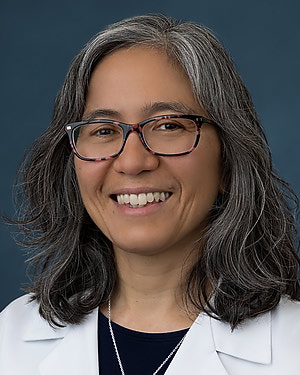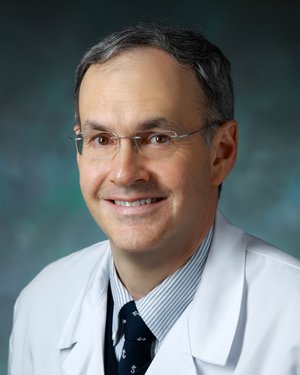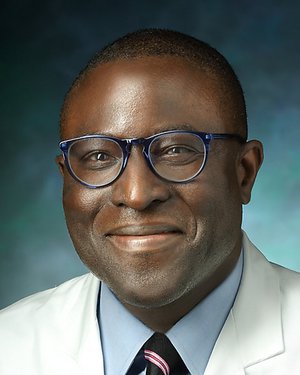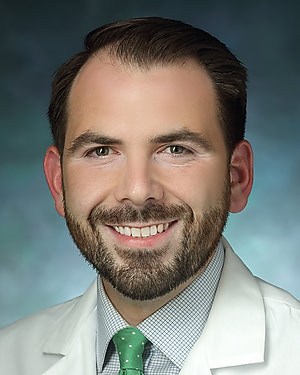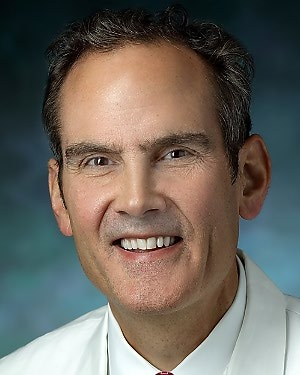Sports Cardiology Fellowship
Program Overview
 Sports Cardiology Program Director Lili Barouch, with collaborators from Cardiovascular Specialists of Central Maryland, the University of Maryland, and Sports & Performance Cardiology.
Sports Cardiology Program Director Lili Barouch, with collaborators from Cardiovascular Specialists of Central Maryland, the University of Maryland, and Sports & Performance Cardiology.The Johns Hopkins Sports Cardiology Fellowship is a robust training experience that offers comprehensive knowledge and practical skills under expert mentorship.
The goal of this fellowship program is to develop cardiologists with a high level of expertise in sports cardiology. By completing this program, fellows will be able to:
- Master clinical skills in sports cardiology: Fellows will gain advanced competency in managing a range of cardiovascular issues affecting athletes, from screening and prevention to treatment and follow-up of heart conditions specific to sports and physical activity.
- Implement evidence-based practices: With guidance from the American College of Cardiology’s core curriculum framework, fellows will be adept in using evidence-based strategies to deliver optimal care for both recreational and competitive athletes.
- Develop leadership in sports cardiology: Fellows will emerge prepared to contribute to the field of sports cardiology through clinical practice, teaching and research. The program fosters an environment of continuous learning and encourages fellows to engage in initiatives that advance sports cardiology as a recognized subspecialty.
- Partnership and collaboration: The program collaborates with regional leaders in sports cardiology through the Hopkins-led Mid-Atlantic Sports Cardiology Consortium. These partnerships enable fellows to engage with experts, share best practices and advance the care of athletes across the region.
Curriculum
Training and Mentorship
- Patient management and documentation: Fellows will manage their own caseload, completing clinical documentation within 12 hours of each clinic session and handling all necessary testing, such as echocardiograms, Holter monitors and CT/MRIs, ensuring comprehensive patient care and continuity.
- Diagnostic testing and communication: Fellows are responsible for interpreting test results, communicating findings to patients and implementing management plans.
- Mentorship and supervision: The Sports Cardiology Program director provides direct supervision and guidance on complex cases, supporting critical thinking and clinical decision-making. Fellows will participate in regular case discussions to identify knowledge gaps and receive feedback on history-taking physical exams and patient care planning skills.
- Research and professional development: Fellows receive ongoing support and mentorship for research projects and are encouraged to present their work at conferences on local, national and international levels. Additionally, there are opportunities to present at core curriculum conferences and at the Mid-Atlantic Sports Cardiology Consortium.
Facilities
- Johns Hopkins Hospital
- Cardiovascular Specialists of Central Maryland
- Sports & Performance Cardiology
- University of Maryland Medical Center
The fellow will attend sports cardiology clinics three to four times per week at multiple locations across Johns Hopkins Medicine and partner sites at Columbia Sports & Performance Cardiology and the University of Maryland Medical Center. These rotations will allow for hands-on experience with diverse cases and comprehensive training in managing athletes and active patients with cardiovascular conditions.
Educational Experience/Didactic Sessions/Procedural Experience Requirements
 Sports cardiology fellows in the medical tent at the Marine Corps Marathon.
Sports cardiology fellows in the medical tent at the Marine Corps Marathon.- Pre-didactics multiple choice questionnaire (MCQ) — to be repeated post-didactics
- Noon conferences, four per year, one per core competency
- Clinical case conference, greater than two times per year
- Supervision and interpretation of cardiopulmonary stress testing
- Attend Care of the Athletic Heart meeting
- Attend UCLA Cardiopulmonary Stress Testing practicum or equivalent
Fellows further enhance their training by volunteering in pre-participation screenings for Johns Hopkins collegiate athletes and providing medical support at sporting events.
Principal Educational Goals by Competency
Patient Care
- Take athlete history, perform physical exams and engage all involved parties (patient, family, trainer, coach, medical team) to assess risk
- Diagnose hypertension and interpret EKGs, imaging (TTE, CT, MRI), and stress tests (ECG, echo, CPET) in athletes
- Supervise cardiac stress testing, customize protocols and apply a shared decision-making framework
Medical Knowledge
- Differentiation of exercise-induced cardiac remodeling (EICR) from cardiovascular pathology
- Evaluation of the symptomatic athlete
- Management of the athlete with cardiovascular disease
- Collaborative pre-participation cardiovascular screening
Practice-Based Learning and Improvement
 Sports Cardiology Fellowship faculty members and fellows.
Sports Cardiology Fellowship faculty members and fellows.- Assesses and applies scientific evidence to patient care and population health, using study designs and statistical methods to evaluate diagnostics and therapeutic effectiveness
- Utilizes information technology for managing patient data, accessing medical resources and supporting continuous education in sports cardiology
- Facilitates learning for students and colleagues in sports cardiology, while performing practice-based improvement activities
Interpersonal Skills and Communication
- Communicate effectively, respectfully and efficiently, while demonstrating cultural sensitivity and establishing a therapeutic relationship with patients and their families
- Incorporate shared decision-making for eligibility decisions and collaborate with the athlete multidisciplinary team during pre-participation screening
Professionalism
- Treats patients, family, staff and other personnel with respect
- Demonstrates sensitivity to patient’s sports interests, pain, emotional state and gender/ethnicity issues
System-Based Practice
- Understands, accesses, utilizes and evaluates effectiveness of resource providers and systems to provide optimal care in the sports cardiology clinic
- Understands different medical practice models and delivery systems and how to best utilize them to care for the individual patient
- Practices quality, cost-effective health care
- Advocates and facilitates patient advancement through the health-care system
The Sports Cardiology Fellowship is integrated into our broader Cardiovascular Disease Fellowship Program and is not offered as a stand-alone fellowship. At this time, there is no separate application process for the Sports Cardiology Program. For specific inquiries or additional information, please contact our Fellowship Manager Kelly Choi at kchoi37@jh.edu.
More Information
If you want an appointment with one of our sports cardiologists:
If you want information about our Cardiovascular Disease Fellowship Program:
If you are an internal fellow seeking program-specific documents:
Faculty
Program Leadership
Core Faculty
-
Andreas Barth, MD PhD
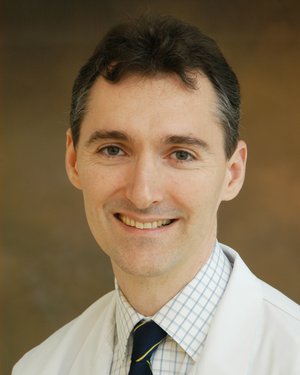
- Medical Director, Inherited Heart Diseases
- Associate Professor of Clinical Medicine
-
Michael Eric Silverman, MD
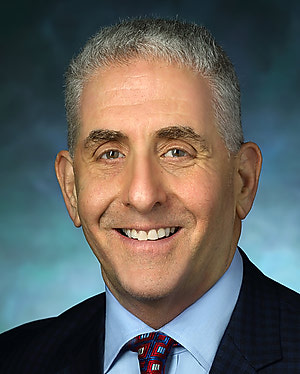
- Managing Physician, Cardiovascular Specialists of Central Maryland
- Instructor in Medicine
Collaborating Faculty
Scott D. Jerome, MD
University of Maryland Medical System

Ankit B. Shah, MD, MPH, FACC


